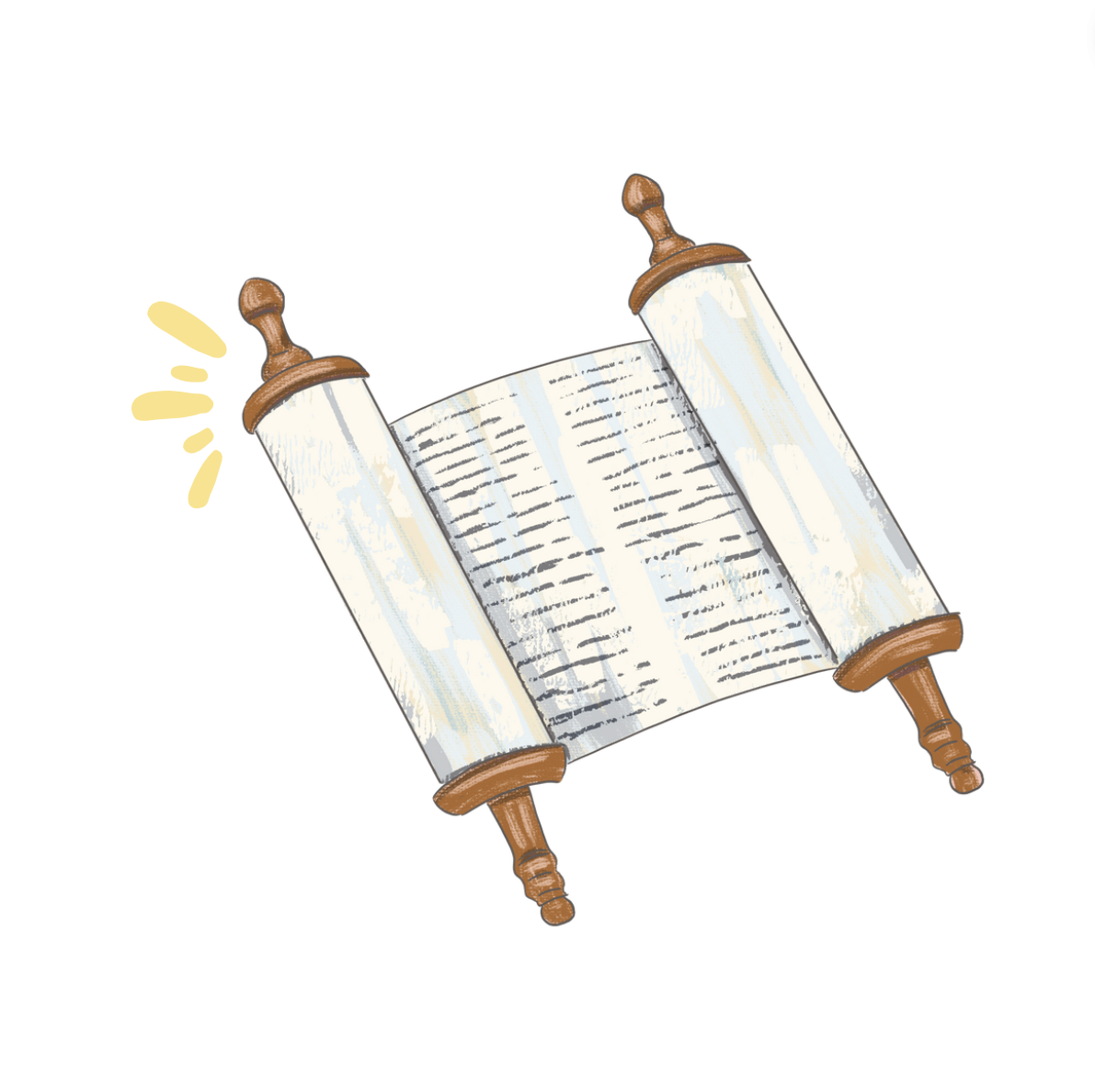There’s usually excitement in the air before Hanukkah begins. I love prepping latkes, buying presents, dusting off the menorah, and planning parties. There is so much joy in anticipating this holiday where we bring light into the short, dark days and celebrate the miracles, large and small, in the history of the Jewish people and in our lives today.
But this year, before Hanukkah began, I felt deflated. How would we find the light and hope of this holiday during such a time of pain? When we feel so helpless and lost, would it feel pointless—or even disingenuous—to light the Hanukkah candles?
As Hanukkah began, I thought back to the origins of the holiday. Hanukkah is one of the only ancient Jewish holidays that is not recorded in the Hebrew Bible. Instead, it is an historical holiday, a celebration of an unlikely military victory. The small Maccabeean army defeated the powerful Seleucid Greeks, who prohibited the practice of Judaism. When the war was over, the victors instituted an annual holiday to commemorate their triumph. However, the Rabbis of the Talmud—loath to celebrate human might—emphasized the story of the miraculous oil in order to shift the focus away from human military prowess and toward the Divine power to work wonders.
Our circumstances today feel strangely similar to the ones in which Hanukkah was first celebrated. Just as the Jews fought a devastating war all those years ago, the current war in the very same region continues to rage. Just as the Maccabees fought for the ability to practice Judaism, we find ourselves navigating new questions about what it means to practice Judaism in the United States today.
Though the Rabbis likely highlighted the story of the miracle of the oil in order to de-emphasize human power and focus on God’s might, our new post-October 7th reality has made me wonder whether there was another reason why they downplay the military victory. Perhaps it was too difficult for them, year after year, to commemorate the devastating war that the Maccabees had to fight. War, they knew, was nothing to celebrate. In an article in The Forward written on October 17, Yehudah Kurtzer, President of the Shalom Hartman Institute, writes: “‘just wars’ are not just because they are easy or victimless.” As we are painfully learning for ourselves, it is deeply disturbing and heartbreaking to witness the brutality of war and the deaths of so many innocent civilians. I imagine that the Rabbis felt the same way.
Though the war against the Greeks was a necessary one, the Rabbis didn’t want a holiday solely dedicated to remembering its devastation year in and year out. Instead, they focused on the miracle of the oil because they preferred to remember the reason why the war had to be fought: so that Jews could be safe to practice Judaism and allow our tradition to flourish. To me, the true miracle of Hanukkah wasn’t a little extra oil, but the fact that Jews survived to light candles in the first place.
Kurtzer continues: “To be in Israel right now is to feel that you are walking in the valley of the shadow of death. All this death—the victims of Hamas’ wickedness, the impending deaths of the Hamas perpetrators and the inevitable killing of innocent civilians caught in their grip—will continue to haunt us.” But just as the war of the Maccabees ended, this war, too, will end. And when it does, just like the ancient Rabbis, we will not celebrate it. Instead, we will pray for, work toward, and hopefully witness, a miracle: A better future, filled with peace and dignity, for Israelis and Palestinians, Jews and Muslims around the world, and all people who love the Holy Land.
Next year, when we celebrate Hanukkah, may the world be brighter than it is today.
Shabbat shalom,
Deena

